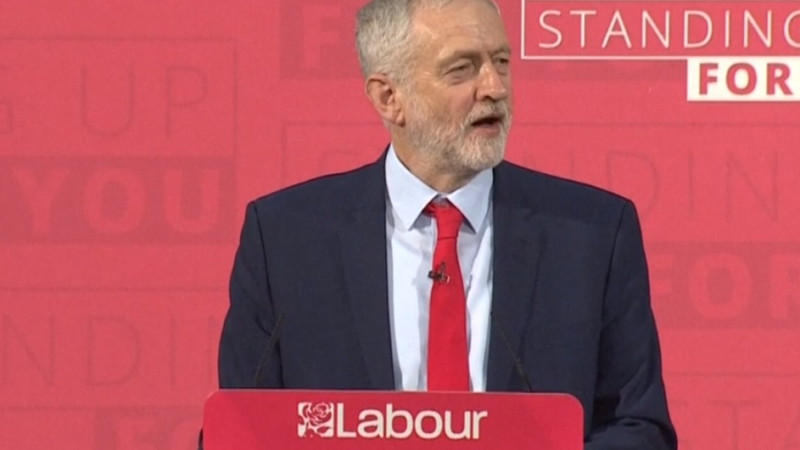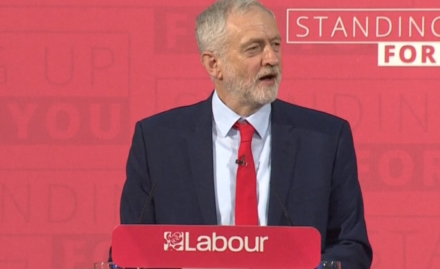

Jeremy Corbyn has appointed 20 shadow ministers – including six who resigned in various revolts against his leadership. LabourList examines what the shake-up means for the leader, his critics, and the party’s progress.
Coming together
Corbyn extended an olive branch to critics by continuing to bring back MPs who had quit over his attitude on the EU, or Labour’s poll ratings over the previous 18 months. Buoyed by the party’s surprise gains at the general election, the leader looked stronger by offering posts to Gloria de Piero and Melanie Onn, who both left the frontbench last June. Several more MPs who walked out last summer, such as Karl Turner, had already been brought back by October.
It’s a unity reshuffle – sort of
Yes, Corbyn gave another chance to some of his critics but there were no jobs for some of the big beasts on the backbenches, who had apparently signalled they would be willing to return. Former shadow ministers Yvette Cooper, Chuka Umunna and Angela Eagle had been touted for a comeback but none ended up with posts last night. Owen Smith rejoined the shadow cabinet in the Northern Ireland brief last month.
The backbench “apprenticeship” is dead
It used to be said new MPs should spend a year on the backbenches getting to know the Commons – from internal politics to the chamber’s arcane practices. That is just another of the adages of Tony Blair which Corbyn has dropped. A handful of Labour MPs, such as Afzal Khan, Anneliese Dodds and Paul Sweeney, were handed posts within weeks of being elected. Just a few months ago this might have been seen as further proof of the leader’s “desperation” but, with more people now willing to serve, Corbyn’s powers of patronage have been bolstered slightly.
Key posts for key folks
The appointment of junior frontbenchers can sometimes, it might be politely put, fall short of headline news. Not the case any more. Corbyn’s decision to install core supporter Chris Williamson- who overturned a majority of 41 to reclaim his Derby North seat – in the key role of shadow fire minister shows how the leadership will continue to highlight what they see as the impact of spending cuts on mass tragedies, such as fire in Grenfell Tower, which has left at least 80 people dead. Last month John McDonnell, the shadow chancellor, said the victims of the blaze had been “murdered by political decisions” and, in appointing Williamson, it is clear Corbyn’s team will not back down from their stance on the human impact of austerity.
Competence is key
One of the early – and most damning – accusations against Corbyn from September 2015 was that he was constitutionally incapable of leading a team to hold the government to account. This unshowy reshuffle is another means of trying to prove the doubters wrong. First, Corbyn began to bring back some of his past critics in the autumn, then he surprised many with the strength of his general election campaign – and now he has appointed a series of confident and experienced MPs to shadow ministerial posts. Williamson and David Drew are former MPs who got back into the Commons, de Piero and Melanie Onn have proved themselves to be articulate campaigners under Corbyn and Ed Miliband while Khan and Dodds have years of experience in Brussels. Just as the Tories are foundering in the Commons, and reaching out to the DUP in desperation, it would seem Labour is getting stronger on the green benches.




More from LabourList
‘I was wrong on the doorstep in Gorton and Denton. I, and all of us, need to listen properly’
‘Why solidarity with Ukraine still matters’
‘Ukraine is Europe’s frontier – and Labour must stay resolute in its defence’